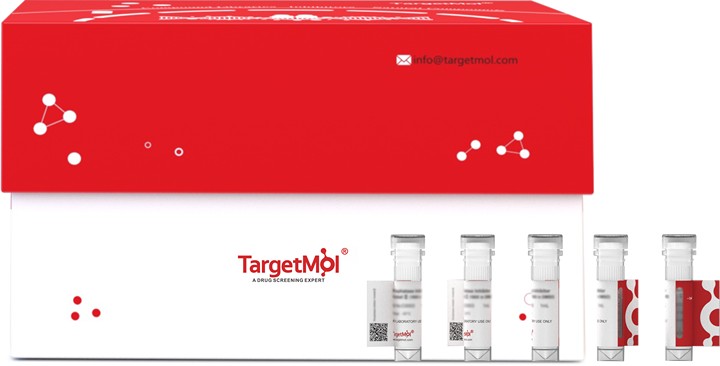Shopping Cart
Remove All Your shopping cart is currently empty
Your shopping cart is currently empty
FGF-2 Protein, Salmon, Recombinant is expressed in E. coli. The accession number is XP_0356004.

| Pack Size | Price | USA Warehouse | Global Warehouse | Quantity |
|---|---|---|---|---|
| 5 μg | $97 | 7-10 days | 7-10 days | |
| 10 μg | $158 | 7-10 days | 7-10 days | |
| 20 μg | $233 | 7-10 days | 7-10 days | |
| 50 μg | $393 | 7-10 days | 7-10 days | |
| 100 μg | $588 | 7-10 days | 7-10 days | |
| 200 μg | $943 | 7-10 days | 7-10 days | |
| 500 μg | $1,760 | 7-10 days | 7-10 days | |
| 1 mg | $2,850 | 7-10 days | 7-10 days |
| Biological Activity | EC 50 < 1.0 ng/ml as determined by a dose-response proliferation assay using murine Balb/c 3T3 cells. Based on the EC 50 , the calculated specific activity is approximately > 1.0 × 10 6 IU/mg. It is recommended to experimentally determine the optimal concentration for each specific application by performing a dose response assay. |
| Description | FGF-2 Protein, Salmon, Recombinant is expressed in E. coli. The accession number is XP_0356004. |
| Species | Salmon |
| Expression System | E. coli |
| Tag | Tag Free |
| Accession Number | XP_035600424.1 |
| Synonyms | FGFB,FGF-2,FGF basic,BFGF |
| Construction | Full length |
| Protein Purity | ≥ 95% as determined by SDS-PAGE |
| Molecular Weight | 17.1 kDa (Predicted); 20 kDa (Non-reducing conditions) |
| Endotoxin | < 0.2 EU/μg of protein as determined by the LAL method. |
| Formulation | Lyophilized from a 0.2 μm filtered solution in 7.8 mM Na2HPO4 , 1.5 mM KH2PO4 , 2.7 mM KCl, 500 mM NaCl. |
| Reconstitution | Before opening, centrifuge the vial briefly to bring the contents to the bottom. Reconstitute the lyophilized powder in PBS up to 100 μg/ml. |
| Stability & Storage | Upon receiving, the lyophilized product remains stable for up to 6 months at lower than -70 °C. Upon reconstitution, the product is stable for up to 1 week at 4 °C or up to 3 months at -20 °C. Avoid repeated freeze-thaw cycles by making single-use aliquots before the solution is storage at -20 °C. |
| Shipping | In general, Lyophilized powders are shipping with blue ice. Solutions are shipping with dry ice. |
| Research Background | Fibroblast Growth Factor-basic (FGF-basic), also known as FGF-2, is a pleiotropic cytokine and one of the prototypic members of the heparin-binding FGF family. Like other FGF family members, FGF-basic has the β trefoil structure. In vivo, FGF-basic is produced by a variety of cells, including cardiomyocytes, fibroblasts, and vascular cells. FGF-basic regulates a variety of processes including cell proliferation, differentiation, survival, adhesion, motility, apoptosis, limb formation and wound healing. FGF-basic can be tumorigenic due to its role in angiogenesis and blood vessel remodeling. The angiogenic effects of FGF-basic can produce beneficial cardioprotection during acute heart injury. |
| Size | Quantity | Unit Price | Amount | Operation |
|---|

Copyright © 2015-2026 TargetMol Chemicals Inc. All Rights Reserved.